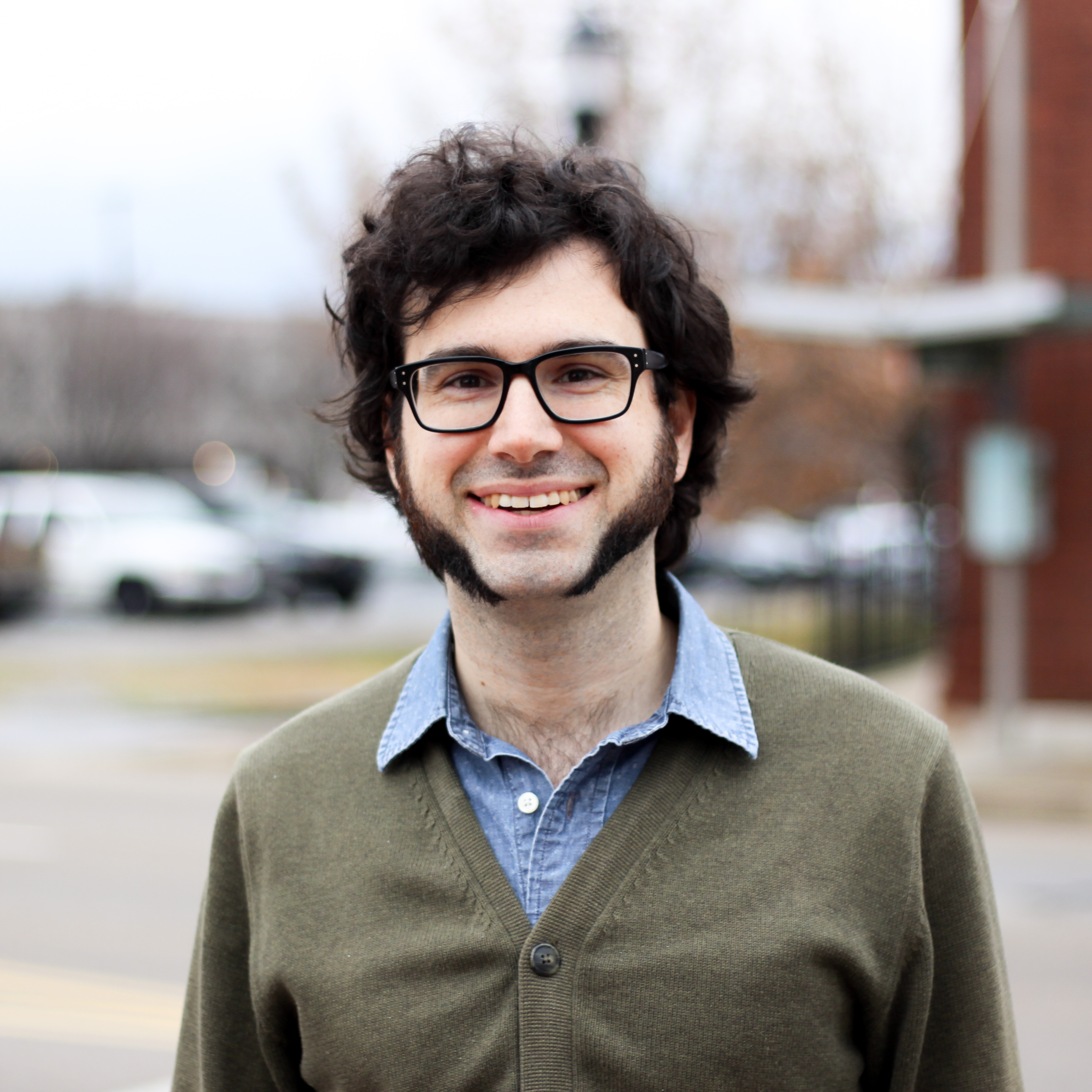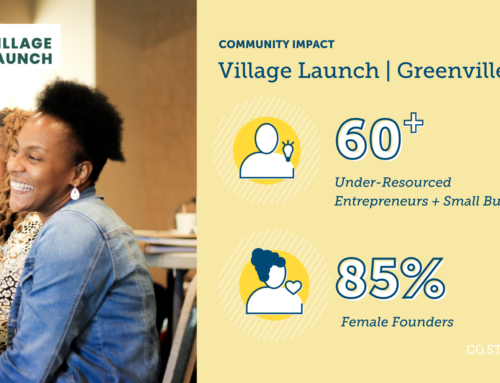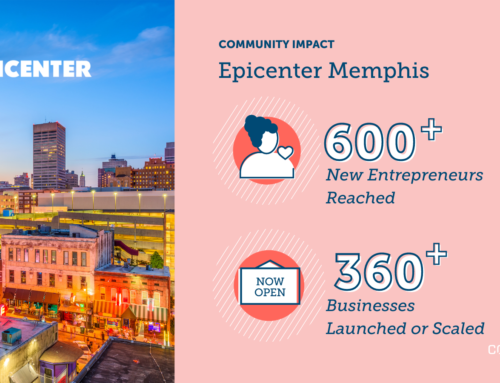Part two of a series from our founder on exploring a new approach to economic development that places individuals, families, and entrepreneurs at the center.
By Enoch Elwell
Sociologists use various terms to describe collections of people. A group of people living in the same household and sharing legal and/or biological bonds is a “family.” A collection of people organized toward achieving shared economic goals is a “business.” A group of people sharing a defined geographic area is known by several names, including “city,” “town,” “region,” “state,” and “nation.”
How do we measure the health of each of these groups?
In a family we might talk about shared love and the ability to develop mutually beneficial, non-toxic relationships. In a business we might talk about revenue and profitability. In a political unit we often focus on Gross Domestic Product (GDP) per capita.
If we want to know if a city, state, or nation is thriving we measure their entire economic output and divide it among their population. Modern GDP measurement is a crude economic tool developed in the 1930s by economist Simon Kuznets for a report he was required to give to Congress. While GDP gives a broad baseline indicator of a given political unit’s economic health, it is also deeply flawed. Imagine you and eight of your closest unemployed friends join the nation of Bezosistan, founded by Jeff Bezos after he automated all of Amazon’s operation. The GDP of Bezosistan will be whatever Amazon and the rest of Bezo’s output is, divided amongst the ten inhabitants that call the tiny nation home.
The good news?
Economists have determined that you are fabulously wealthy.
The bad news?
You are not actually fabulously wealthy. Though Bezosistan has the highest GDP per capita in the history of humankind, everyone is miserable. No matter what the economists and statisticians studying this new nation determine the per capita income to be, you and eight of your closest friends are still poor. Even Jeff Bezos is miserable.
He hadn’t planned on being stuck on an island with nine broke people and a private helicopter grounded because of COVID-19.
That is an extreme example, but traditional measures of successful economic development often have very little correlation to the creation of healthy people and thriving communities. If a high GDP was all that was required, we would not have so many angry, frustrated people crying out for change. That cry is being unleashed because families, small businesses, and folks taking to the streets see what many economists and policymakers cannot grasp: Our communities are headed toward a cliff, and we can either plummet to the bottom or build our collective wings.
For years we have looked at our economic reflection (GDP per capita, the stock market, and other relatively superficial measures) and told ourselves we were fine while ignoring the deep internal pain (the growing inability to control our own destiny) that just gets worse every year.
It is time to address our internal pain.
We need to stop determining economic success solely through traditional measures like GDP, and instead shift to more comprehensive measurements of ecosystem health. Gauging the current and future health of Connected Age economies requires measuring our ability to help individuals, families, and communities achieve their potential. Entrepreneurship and business is playing a critical role in creating this better world where economic growth is measured equally by how successful we are in helping individuals and communities become their best selves.
That cry is being unleashed because families, small businesses, and folks taking to the streets see what many economists and policymakers cannot grasp: Our communities are headed toward a cliff, and we can either plummet to the bottom or build our collective wings.
One way to gauge our success in moving toward that world is by measuring how many aspiring entrepreneurs have received the training and support they need to launch their business. We could show how their business success reduces personal debt, provides jobs with livable wages, and contributes to the wellbeing of the wider community. We must measure the number of on-ramps we build to increase support to marginalized populations in our entrepreneurial ecosystems, addressing the growing income gap across race and gender. We must measure the level of trust and other forms of social capital that exist in our communities.
At CO.STARTERS we track the increase of shared knowledge, confidence, and connectedness of business owners within their communities.
To measure these things, we have to do them first. Cities, regions, and states must invest in training aspiring entrepreneurs. Together, we must all do the hard (and often uncomfortable) work of identifying and removing the toxic soil of racial inequity in our entrepreneurial ecosystems that prevents black and brown business owners from thriving.
Measuring economic success primarily through aggregate wealth creation will always eventually lead to a frustrated, angry, conflict-prone community. Wealth can be given, taken away, and fought over.
Potential is different.
Potential rests in the hearts and minds of individuals and only becomes a community asset when it is achieved. In Bezosistan, only one person got to achieve one limited aspect of his potential—and though his community was considered a financial success by economists who focus on GDP, even the founder of Bezosistan wasn’t happy on this imaginary island.
Everyone deserves the opportunity to achieve their potential.
Everyone needs the space to discover who they are and what they want to be, as well as the opportunity to become part of a community that will help them achieve their potential.
The ability to achieve our individual potential is the set of wings each of us needs before we collectively plummet off a cliff. One significant way to accelerate this activity is to invest in local entrepreneurs who are building the social fabric and community health of their region, helping us to soar toward the Connected Age economy we need and the future we all want.

ABOUT THE AUTHOR
Enoch Elwell is the founder and Chief Executive Officer of CO.STARTERS, as well as the co-founder of The Company Lab and a serial entrepreneur. He lives with his wife and children in Chattanooga, Tennessee. Follow him on LinkedIn, Medium, and Twitter for more thought leadership on economic development and entrepreneurship.
Want to unlock the potential of entrepreneurship to create a better future?
Schedule a call to see how CO.STARTERS can help.




